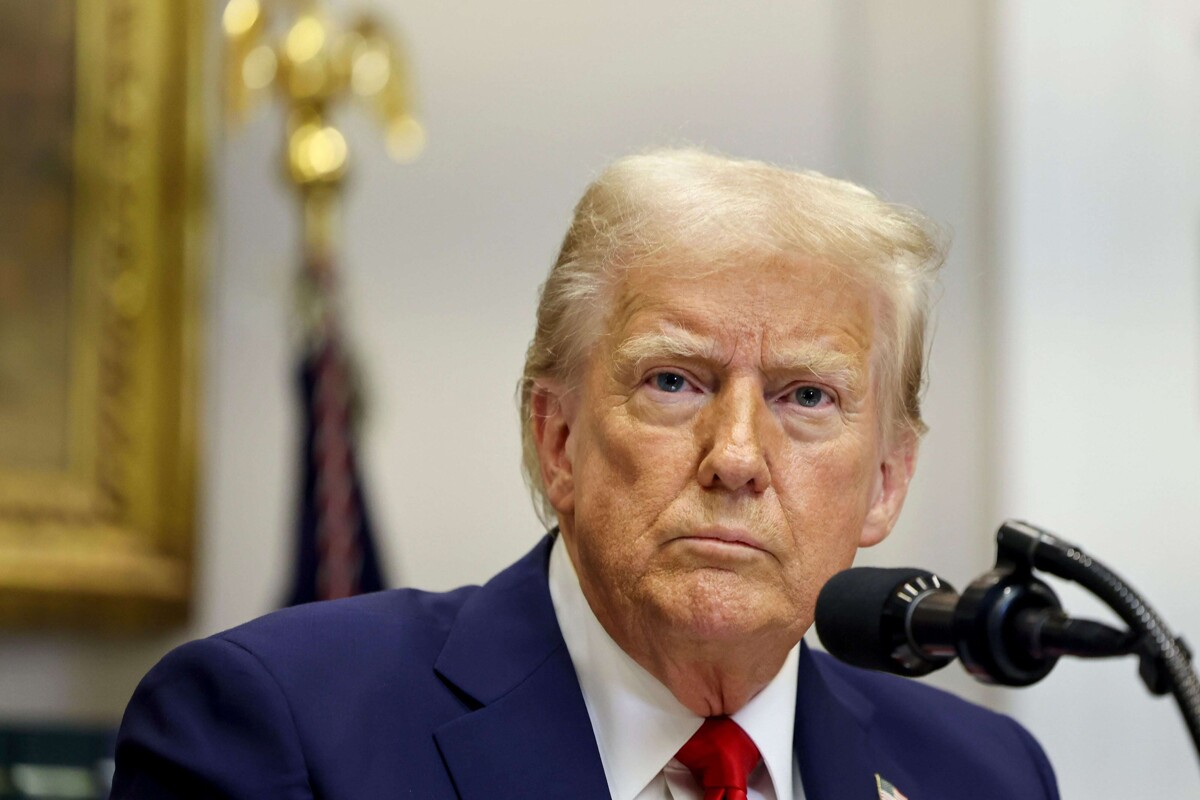
The United States government is determined to regain control of its southern border and has declared a "national emergency" in the border area. This measure responds to a central promise of Trump's campaign and will focus on selective deportations, prioritizing those immigrants with criminal records and offenses. Mexico is expected to request detailed information about the profile of deportees to assess the risks they pose.
Additionally, the United States will intensify its efforts to combat Mexican criminal organizations and reduce drug trafficking, especially fentanyl, as well as human trafficking into its territory. It will also seek to prevent Mexico from becoming a gateway for Chinese products that unfairly compete with American production.
On the other hand, Trump finds himself at an international crossroads with China, seeking to maintain his country's global leadership in areas such as technology, the economy, and defense. In this strategy, Mexico plays an important role as a geostrategic ally in the region, and it is expected to maintain a balanced position between its relationship with the United States and China.
Regarding the deportations of Mexicans, it is possible that some agricultural workers expelled from the U.S. may be replaced by Mexicans recruited as temporary workers in employment programs. These programs could expand to other sectors that have historically depended on irregular labor, such as construction and the hospitality industry.
Despite initial tensions, Trump has shown an optimistic comment about the bilateral relationship with Mexico, suggesting possible cooperation in security matters in a first phase. Both countries could move toward building a long-term North American Security Treaty that would include Canada and strengthen cooperation in combating organized crime.
Claudia Sheinbaum's administration in Mexico has rejected unilateral security instruments and has focused on dismantling mafias in the country, which could contribute to improving bilateral cooperation in the future.












